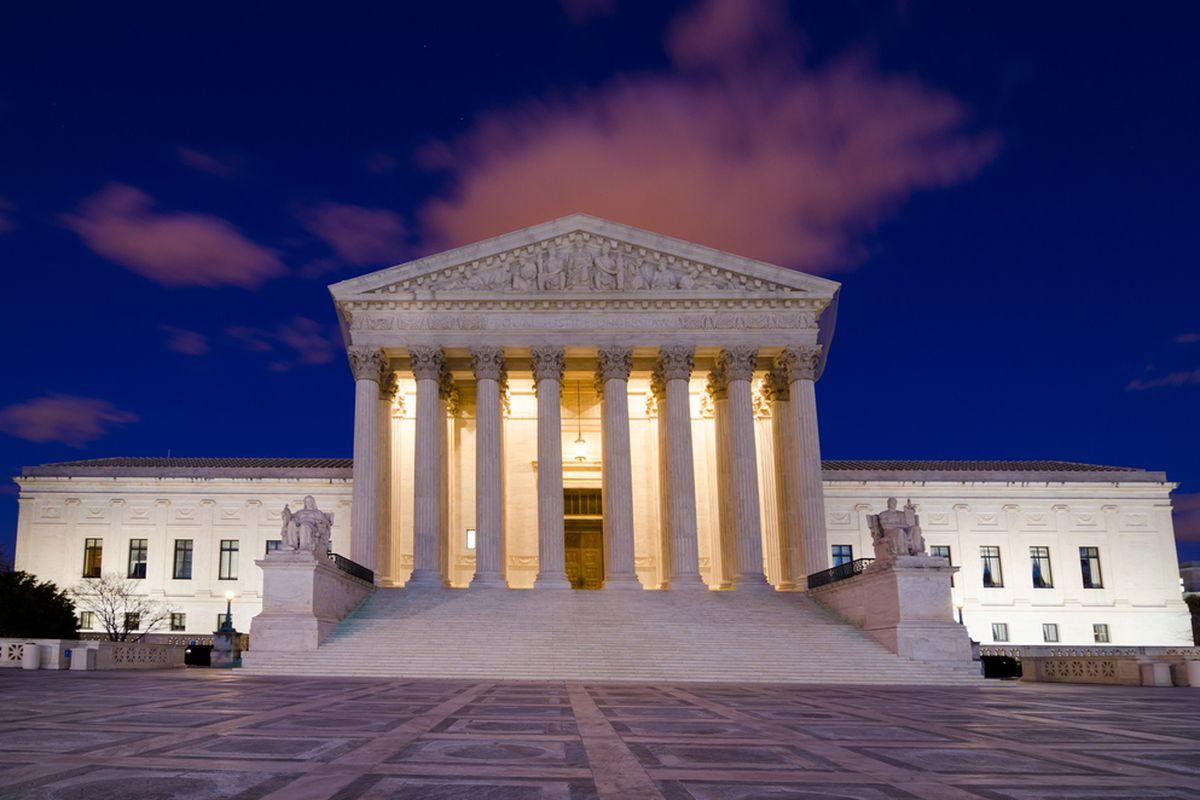The nation’s highest court on Friday denied a request by the Texas attorney general to challenge the presidential election results in four other states.
Seven of the U.S. Supreme Court’s nine justices — including the three appointed by President Donald Trump — said Texas had no standing to sue another state over the manner in which it conducts its elections.
“Texas has not demonstrated a judicially cognizable interest in the manner in which another State conducts its elections,” the majority ruled.
The remaining two justices — Samuel Alito and Clarence Thomas — said the court had to allow the filing of any such “original jurisdiction” case, “but would not grant other relief.”
The Supreme Court usually only hears appeals, but has original jurisdiction as a trial court for particular cases, including when one state sues another. Lawsuits between states have typically involved boundary and water rights disputes.


